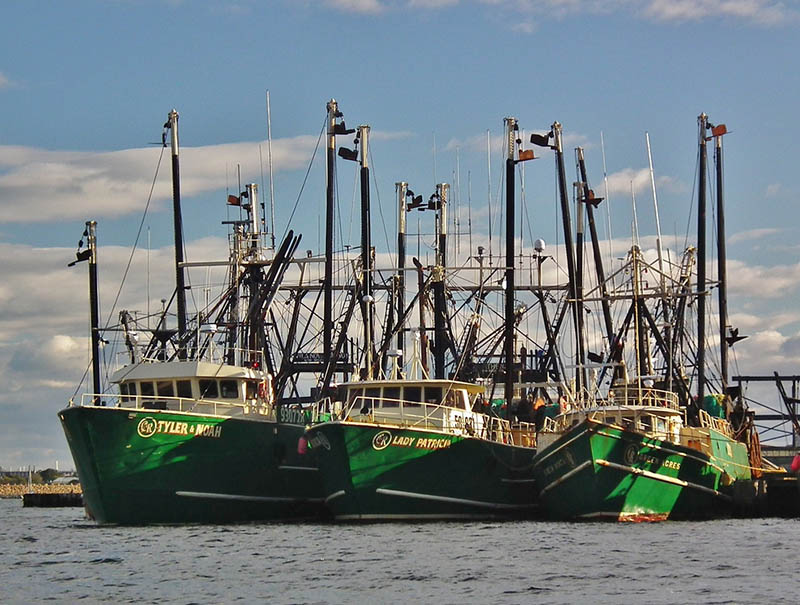Carlos Rafael to face sentencing in September; officials to decide what becomes of boats, permits
A U.S. federal jury found former Bristol County, Mass., sheriff’s deputy Antonio Freitas guilty of smuggling profits from Carlos “the Codfather” Rafael’s quota fraud and tax evasion scheme to Portugal.
Freitas, a longtime Immigration and Customs Enforcement task-force officer, was found guilty of one count of bulk cash smuggling and one count of structuring the export of U.S. currency.

Antonio M. Freitas. Bristol County Sheriff's Office.
“Freitas smuggled $17,500 through airport security and later deposited the money in a Portuguese bank account belonging to Carlos Rafael, the owner of Carlos Seafood,” a statement from federal prosecutors read. “Rafael owned 32 fishing vessels and 44 permits, which amounted to one of the largest commercial fishing businesses in the United States.”
Freitas’ sentencing is scheduled for Oct. 12. His conviction could result in a sentence of up to five years in prison, three years of supervised release and a fine of $250,000.
Rafael pleaded guilty to evading fishing quotas and smuggling the profits overseas on March 30. The charges against Rafael included one count of conspiracy, 25 counts of lying to federal fishing regulators, one count of bulk cash smuggling and one count of tax evasion.
Rafael is scheduled to be sentenced Sept. 25. The sentencing was originally scheduled for July 28, but was pushed back after Rafael’s attorney filed a motion to allow for “additional time to resolve a critical component” of the case, specifically, “the possibility of a global settlement, which may involve Mr. Rafael exiting the commercial fishing business,” according to the New Bedford Standard-Times.
As part of the plea, Rafael agreed to give up 13 boats from his fleet that had been used in illegal operations. It is unclear how those assets will be dealt with, as the forfeiture process begins after the sentencing date, but court officials are expected to make plans known immediately following the sentencing.
A recent report from NPR explored a few possibilities: Will the boats and permits be auctioned off, held by an entity such as the city of New Bedford or removed from circulation entirely?
Regional fishery stakeholders are concerned about how these permits could affect their own businesses and communities.
"The level of consolidation and corruption and impact that Carlos Rafael has had has put fishing businesses out of business in Maine, New Hampshire, Massachusetts, Rhode Island, and you name it," said Brett Tolley, a community organizer with the Northwest Atlantic Marine Alliance, in an interview with NPR. "How his boats and permits get doled out, it's likely they will be consolidated into the hands of another Carlos Rafael… Our policymakers need to put in safeguards to ensure we do not have another too-big-to-fail scenario on the ocean."
New Bedford Mayor Jon Mitchell has said that he’d want port officials to control the permits, keeping all of the boats and related jobs in the city.







